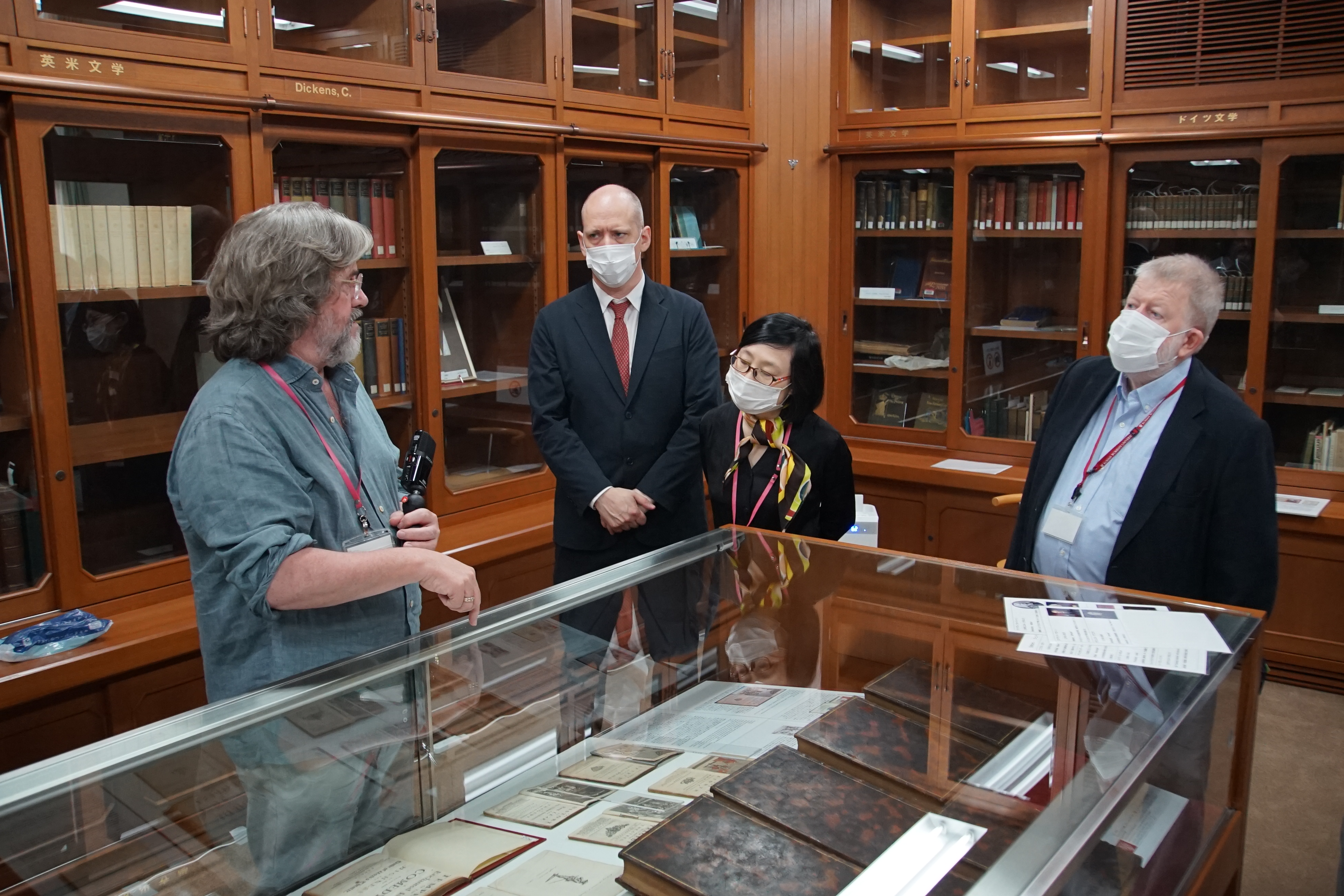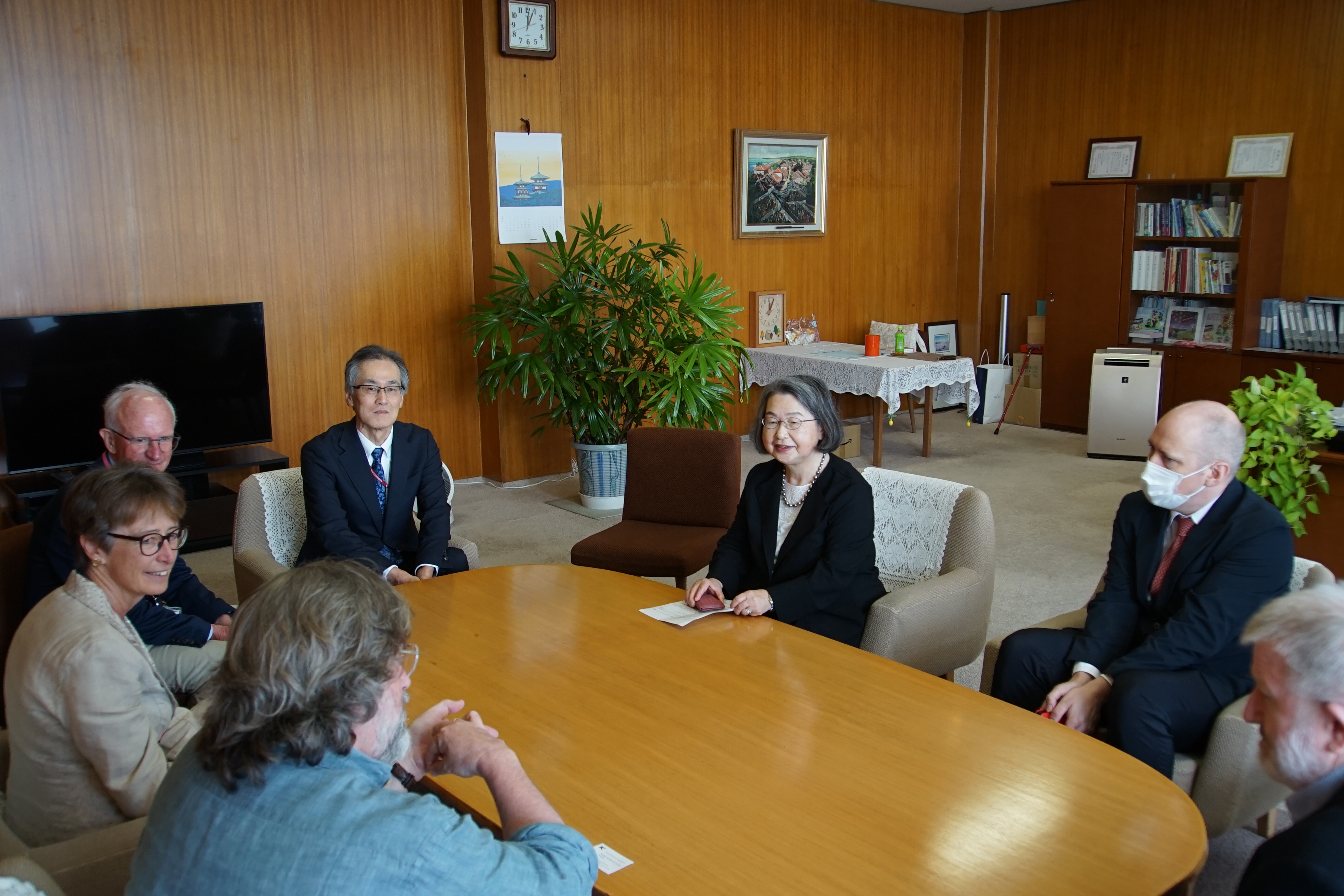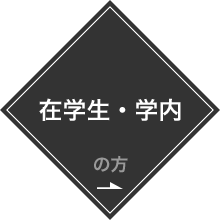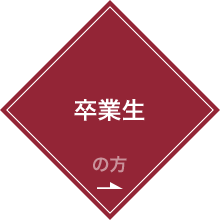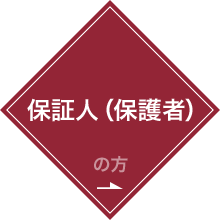Gregory Doran, director emeritus at the Royal Shakespeare Company, views Shakespeare’s First Folio at KWU
- 2023.06.26
- お知らせ
Four-hundred years ago, John Heminges and Henry Condell, actors in the King’s Men company, edited and published a collection of 36 plays by their friend and fellow company actor, William Shakespeare. Known today as the “First Folio,” only 250 copies of the original print run of 750 remain.
Gregory Doran, director emeritus at the Royal Shakespeare Company, referred to by the Sunday Times newspaper as “one of the great Shakespearians of his generation,” is on a journey across the globe to view all existant copies of the book. He calls it his “Folio roadshow.”
As part of the Japan leg of this tour, Doran visited Konan Women’s University on June 5 2023, to view the library’s copy of the First Folio. The University acquired the book in 1978 from an antiques dealer in the United States for the sum of 31.5 million yen. An article published at the time in the Asahi Shimbun described “a long-cherished wish to obtain the First Folio ever since [the university] purchased the 2nd edition in 1973 and the 3rd and 4th editions in 1976.”
Leafing through the book, which Doran describes to me as one of the “cleanest and brightest Folios” he has seen, he examines some of the printing anomalies and aspects of wear documented by Folio scholars, Eric Rasmussen and Anthony James West.
Part way into this process, Doran notices a series of tiny subtle cross marks on some of the pages of The Comedy of Errors. These markings in the book’s gutter intensify around a line by the character Egeon in the play’s opening act. Egeon is the father of the twins who form the backbone of the play’s mistaken identity plot, and here he reports on his recent journey:
Five summers have I spent in farthest Greece,
Roaming clean through the bounds of Asia,
Doran is quick to point out the serendipity of this discovery, since in “western terms” he says “here in Kobe, we are in the ‘bounds of Asia.’” These markings are part of an activity known as “commonplacing,” which is the act of highlighting passages of perceived importance in a book to either commit to memory for later use in conversation, or perhaps to draw in future readers as to their significance. These seemingly trivial marks appear in many of the Folios, and sometimes they offer small windows into the nature and identity of past readers.
“In this particular edition” Doran continues, these markings are right in the gutter, and I don’t think if you were making notes that you would be able to put a cross there. So I think they must have been added before this copy was placed in its beautiful binding. And we know that one of the sons of King George III owned this copy, so that could date these notations sometime before 1800.
One of the outcomes of Doran’s Folio Roadshow will be a podcast series for the Royal Shakespeare Company website. The podcasts will blend the interviews he has been conducting with librarians, curators and owners of the books, as well as his own findings that speak to the very personal stories that are entwined in each copy.
Doran has directed all the plays from the First Folio, completing that task this year with a production of Cymbeline for the RSC at Shakespeare’s birthplace, Stratford-upon-Avon. While Doran’s Roadshow is far from complete, it already shows potential to open up the painstaking forensic work that scholars undertake in intertextual reading to a wider audience. It also brings these highly sought after, closely guarded books out of their glass cases and back into a living cultural context, where they can breathe and tell their stories, mysteries, imperfections and all.
Andrew Eglinton, Department of English for Global Communication
Gregory Doran, director emeritus at the Royal Shakespeare Company, referred to by the Sunday Times newspaper as “one of the great Shakespearians of his generation,” is on a journey across the globe to view all existant copies of the book. He calls it his “Folio roadshow.”
As part of the Japan leg of this tour, Doran visited Konan Women’s University on June 5 2023, to view the library’s copy of the First Folio. The University acquired the book in 1978 from an antiques dealer in the United States for the sum of 31.5 million yen. An article published at the time in the Asahi Shimbun described “a long-cherished wish to obtain the First Folio ever since [the university] purchased the 2nd edition in 1973 and the 3rd and 4th editions in 1976.”
Leafing through the book, which Doran describes to me as one of the “cleanest and brightest Folios” he has seen, he examines some of the printing anomalies and aspects of wear documented by Folio scholars, Eric Rasmussen and Anthony James West.
Part way into this process, Doran notices a series of tiny subtle cross marks on some of the pages of The Comedy of Errors. These markings in the book’s gutter intensify around a line by the character Egeon in the play’s opening act. Egeon is the father of the twins who form the backbone of the play’s mistaken identity plot, and here he reports on his recent journey:
Five summers have I spent in farthest Greece,
Roaming clean through the bounds of Asia,
Doran is quick to point out the serendipity of this discovery, since in “western terms” he says “here in Kobe, we are in the ‘bounds of Asia.’” These markings are part of an activity known as “commonplacing,” which is the act of highlighting passages of perceived importance in a book to either commit to memory for later use in conversation, or perhaps to draw in future readers as to their significance. These seemingly trivial marks appear in many of the Folios, and sometimes they offer small windows into the nature and identity of past readers.
“In this particular edition” Doran continues, these markings are right in the gutter, and I don’t think if you were making notes that you would be able to put a cross there. So I think they must have been added before this copy was placed in its beautiful binding. And we know that one of the sons of King George III owned this copy, so that could date these notations sometime before 1800.
One of the outcomes of Doran’s Folio Roadshow will be a podcast series for the Royal Shakespeare Company website. The podcasts will blend the interviews he has been conducting with librarians, curators and owners of the books, as well as his own findings that speak to the very personal stories that are entwined in each copy.
Doran has directed all the plays from the First Folio, completing that task this year with a production of Cymbeline for the RSC at Shakespeare’s birthplace, Stratford-upon-Avon. While Doran’s Roadshow is far from complete, it already shows potential to open up the painstaking forensic work that scholars undertake in intertextual reading to a wider audience. It also brings these highly sought after, closely guarded books out of their glass cases and back into a living cultural context, where they can breathe and tell their stories, mysteries, imperfections and all.
Andrew Eglinton, Department of English for Global Communication
